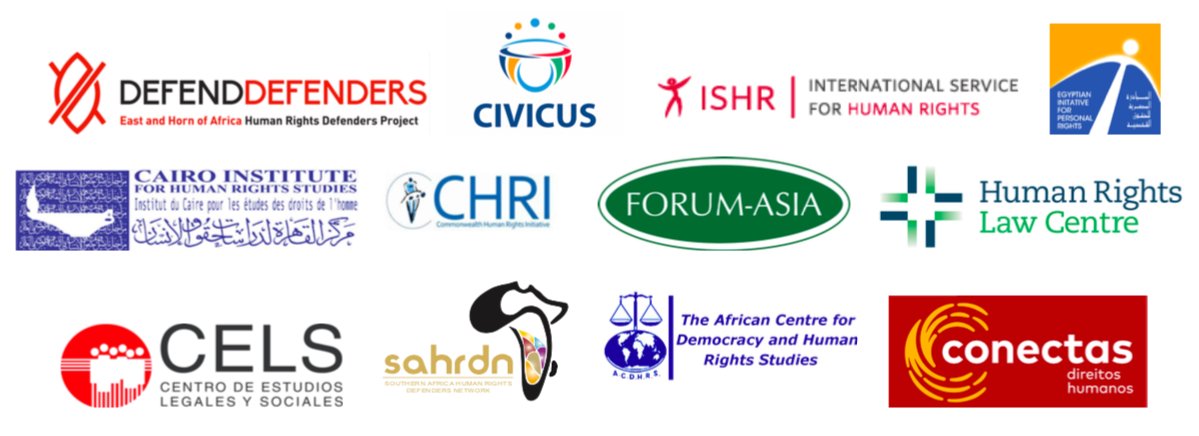Paper presented ahead of the Council’s 44th session: Mainstreaming civic space in State interventions at the UN Human Rights Council
Around the UN Human Rights Council’s tenth anniversary, in 2016, a range of stakeholders, inclu¬ding NGOs engaging in advocacy at the Council, led reflections on issues pertaining to its effec¬tiveness, ins¬ti¬tu¬tio¬nal inte¬grity, and impact on the ground. A number of panel discussions, policy dialo¬gues and re¬ports ad¬dress-ed issues pertaining to enhancing respect for Council membership stan¬dards, elec¬tions to the Coun¬cil, the Council’s effectiveness, strengthening action on coun¬try situations on the basis of objective cri¬te¬ria, and ways of opera¬tio¬nalising the Council’s prevention mandate. Since then, strategic reflec¬tions have focus¬ed on the use of early warning signs as objective criteria to address mounting human rights crises and other situations of concern.
However, despite progress regarding States’ commitment to consider early action on situations of con¬cern (including through the use of tools such as special sessions, urgent debates and inter-sessional brie¬fings by the UN High Commissioner for Human Rights) as well as expert knowledge, in particular the special procedure system), more action is needed to enhance the Council’s ability to protect the space for civil society actors in specific country situations. The global “Call to Action” the UN Secretary-General launched in February 2020 made clear that threats against human rights defenders (HRDs), especially women HRDs (WHRDs), and journalists, are increasing, and that governments restricting civic space “is frequently a pre¬lu-de to a more general deterioration in human rights.”
click to read the full jointly Paper Mainstreaming civic space in State interventions at the HRC (v5_FINAL)
Signatories:
1. DefendDefenders
2. African Centre for Democracy and Human Rights Studies (ACDHRS)
3. Asian Forum for Human Rights and Development (FORUM-Asia)
4. Cairo Institute for Human Rights Studies (CIHRS)
5. Centro de Estudios Legales y Sociales (CELS)
6. CIVICUS
7. Commonwealth Human Rights Initiative (CHRI)
8. Conectas Direitos Humanos
9. Egyptian Initiative for Personal Rights (EIPR)
10. Human Rights Law Centre
11. International Service for Human Rights (ISHR)
12. Southern Africa Human Rights Defenders Network (SAHRDN)


